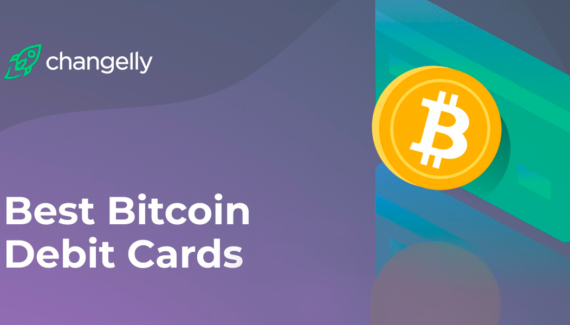Os podcasts recentemente explodiram para obter informações de maneira rápida e fácil. Tornou-se acessível a todas as pessoas com conexão à Internet. Portanto, se você...
Articles about Bitcoin and everything related to it

Você tem criptomoeda em sua carteira BTC e deseja usá-la para fazer compras na vida real? Isso se torna possível com o cartão de crédito...

A tecnologia SegWit se tornou um passo em direção a transações de Bitcoin mais rápidas e simples. No entanto, como é um hard fork separado,...

Cada criptomoeda usa seu algoritmo de criptografia específico. É o que o equipamento de mineração descriptografa, garantindo o funcionamento do blockchain, processando transações e recebendo...

Criptomoeda tem um grande número de suposições e teorias que realmente afastam as pessoas de investir nelas. Neste artigo, Changelly lista os dez mitos mais comuns sobre a criptomoeda principal, BTC.

Antes de inventar o Bitcoin, muitos entusiastas tentaram criar um meio de pagamento descentralizado, mas todos eles se paravam na incapacidade de impedir os gastos...

Qual é o melhor local para armazenar Bitcoin e outras criptomoedas? Fizemos uma lista das melhores carteiras e preparámos algumas dicas e truques.

A escalabilidade sempre foi um problema de ledgers distribuídos. Quanto mais pessoas começarem a utilizar blockchain e criptomoedas, maior será o problema. Com o passar...

A criptomoeda continua a alcançar o mundo, com mais e mais países adotando-a com alguma capacidade. Às vezes, é uma legalização total, outras, é mais...

No mundo de moedas e ativos, o Bitcoin se tornou uma espécie de excentricidade – uma moeda totalmente digital. Como inspirou outras criptas a seguirem...
